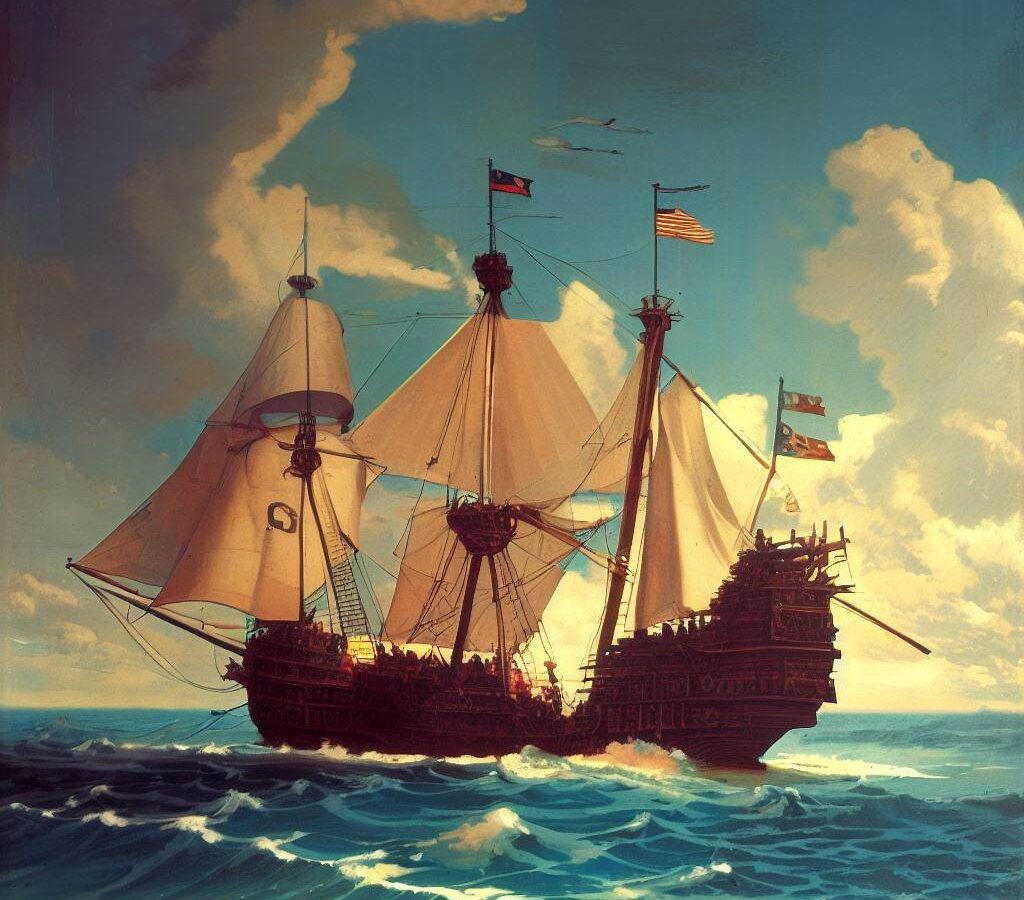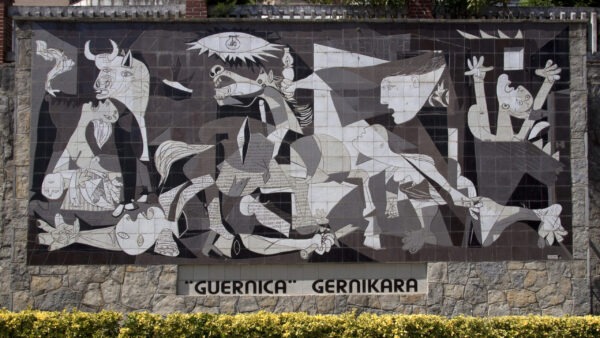Columbus lands in the Bahamas
The year was 1492 when Christopher Columbus Lands in the Bahamas on a remarkable journey that would forever alter the course of history. His mission: to find a westward route to Asia. What he stumbled upon instead was an archipelago in the Atlantic Ocean, which we now know as the Bahamas. This event, Columbus’s arrival in the Bahamas, marked a turning point in Western culture and had far-reaching consequences that extended across the globe.
Did Christopher Columbus Land in the Bahamas in 1492?
Yes, indeed. On October 12, 1492, after months at sea, Columbus and his crew made landfall in the Bahamas. The island where they first set foot is believed to be San Salvador, which Columbus initially named “Guanahani.” This momentous event marked the beginning of the Age of Exploration, a period that would reshape the world.
What Did Christopher Columbus Find in the Bahamas?
Columbus encountered a world entirely unfamiliar to Europeans. The Bahamas, part of the Caribbean region, were inhabited by indigenous peoples, including the Lucayan people. The lush landscapes, vibrant flora and fauna, and the turquoise waters of the Caribbean presented a stark contrast to the Old World Columbus had known.
In addition to the natural beauty, Columbus’s arrival in the Bahamas marked the beginning of the Columbian Exchange, a profound interchange of plants, animals, cultures, and ideas between the Old World and the New World. This exchange would have a lasting impact on both sides of the Atlantic.
When Did Columbus Sail to the Bahamas?
Columbus set sail on his historic voyage from Spain on August 3, 1492, with the ships Santa María, Pinta, and Niña. After more than two months of traversing the Atlantic Ocean, they made their landfall in the Bahamas on October 12, 1492.
What Happened When Columbus and His Men Arrived in the Bahamas?
Upon their arrival in the Bahamas, Columbus and his men were met with curiosity and wonder by the indigenous Lucayan people. While initial interactions were peaceful, the subsequent encounters between Europeans and indigenous populations would have a profound and often tragic impact.
Columbus’s voyage marked the beginning of European exploration and colonization in the Americas. It paved the way for further expeditions, conquests, and the eventual establishment of European colonies in the New World. This encounter also led to the exchange of goods, knowledge, and cultures between Europe and the Americas, shaping the course of history and contributing to the globalization of trade and ideas.
The Global Impact of Columbus’s Arrival
The arrival of Christopher Columbus Lands in the Bahamas was a pivotal moment in history with global ramifications. Here’s how this event influenced Western culture and the world:
- Exploration and Colonization: Columbus’s voyage opened the door to subsequent explorations and the colonization of the Americas by European powers. This period of exploration and expansion had a profound impact on the geopolitical landscape and the exchange of people, goods, and cultures.
- The Columbian Exchange: The Columbian Exchange, initiated by Columbus’s arrival, introduced new crops, animals, and cultures to both the Old World and the New World. It transformed diets, agriculture, and societies on a global scale, contributing to the rise of global trade networks.
- Cultural Exchange: The encounter between European and indigenous cultures led to the exchange of languages, customs, and technologies. This exchange had a lasting influence on the cultures of both the Americas and Europe.
- Globalization: Columbus’s voyage was a significant catalyst for globalization, connecting distant parts of the world. Initiating a process that would eventually lead to the interconnected world we know today.
In conclusion, Christopher Columbus’s landing in the Bahamas in 1492 was a momentous event that transcended time and place. It was the spark that ignited an era of exploration, colonization, and cultural exchange that shaped the world we live in today. While the impact of Columbus’s arrival was complex and often marked by tragedy, it remains a crucial chapter in the shared history of humanity.
As we reflect on this historic moment, we are reminded of the profound consequences that can arise from chance encounters and the enduring legacy of exploration and discovery.

Originally posted 2023-09-15 10:42:42.




